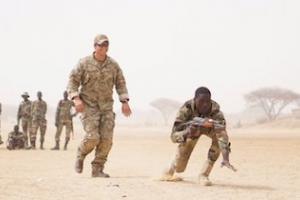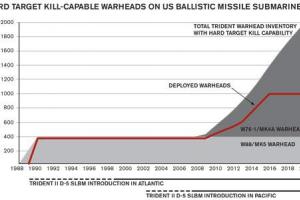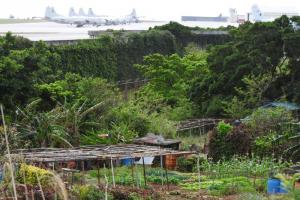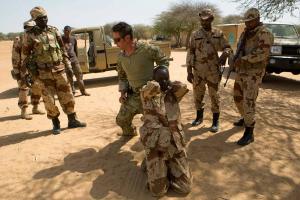Honor, Sacrifice and Imperial Duplicity: Four Dead in Niger. Anybody Know Why?
This Can't Be Happening!
 The White House’s withering racist attacks on a grieving widow, and her friend and elected representative, are just a particularly shameful part of an expanding story about the four U.S. Green Berets killed and the four others wounded in Niger four weeks ago. Why were they there, what were they doing, and how does this fit in with the expanding role of the U.S. military in Africa. Are the U.S. people also viewed as “empty barrels,” with no right to an answer?
The White House’s withering racist attacks on a grieving widow, and her friend and elected representative, are just a particularly shameful part of an expanding story about the four U.S. Green Berets killed and the four others wounded in Niger four weeks ago. Why were they there, what were they doing, and how does this fit in with the expanding role of the U.S. military in Africa. Are the U.S. people also viewed as “empty barrels,” with no right to an answer?









Spread the word